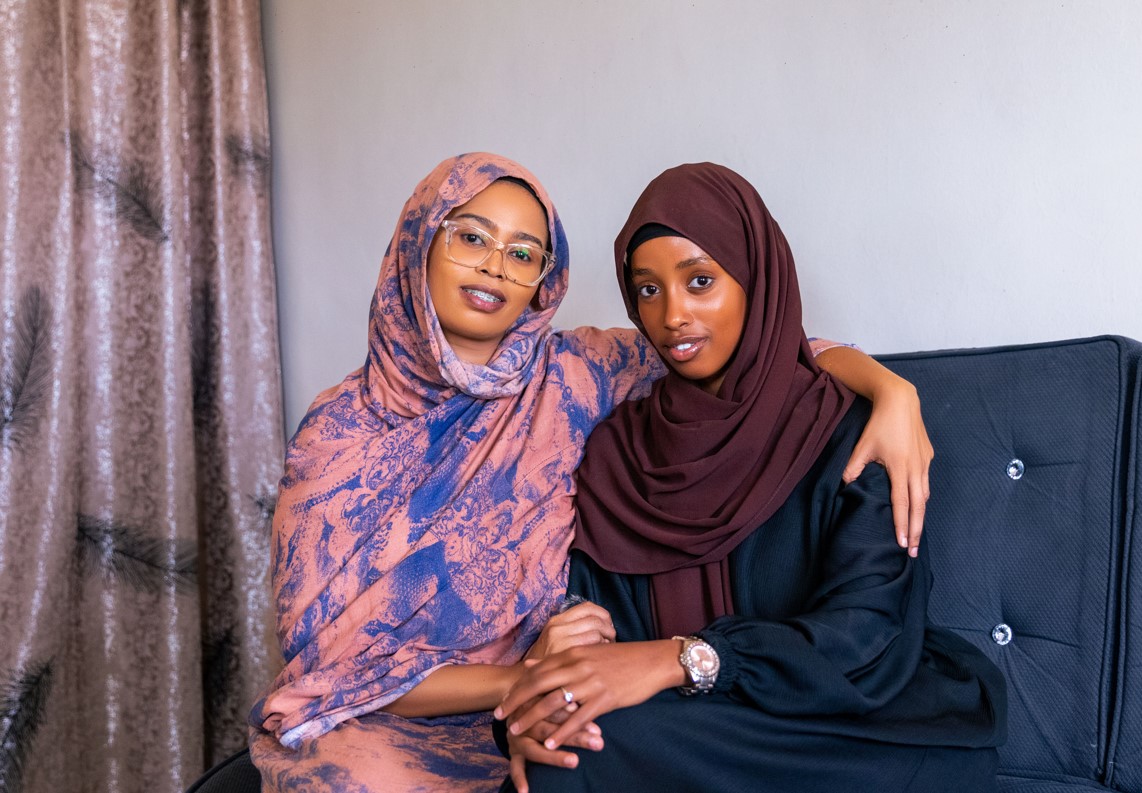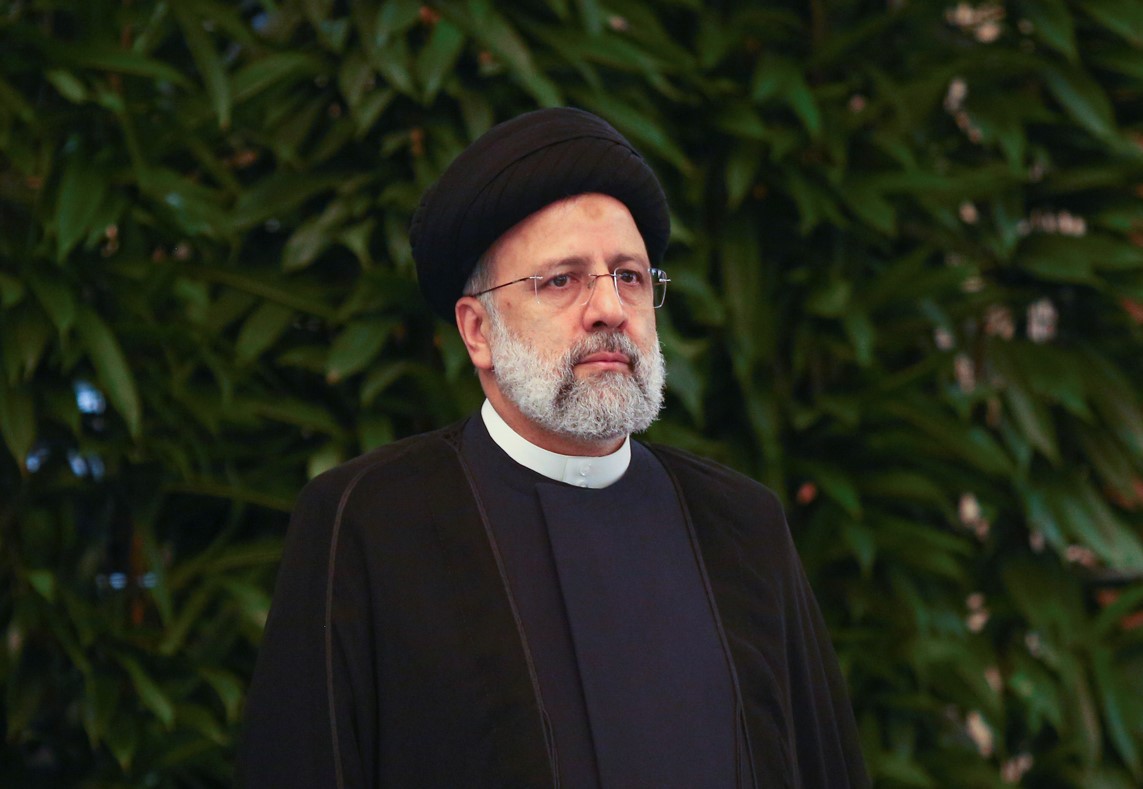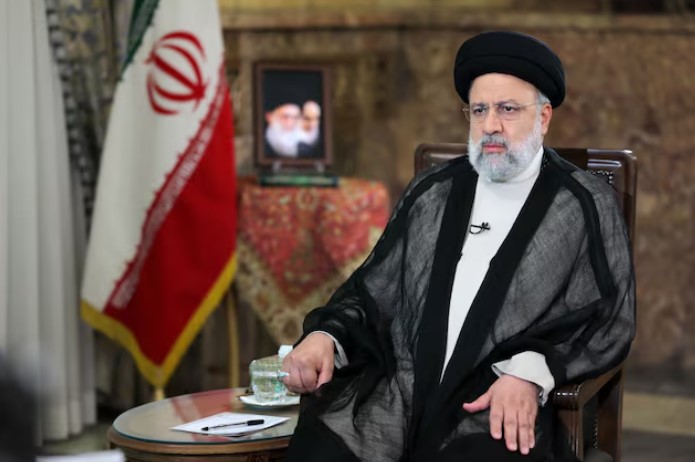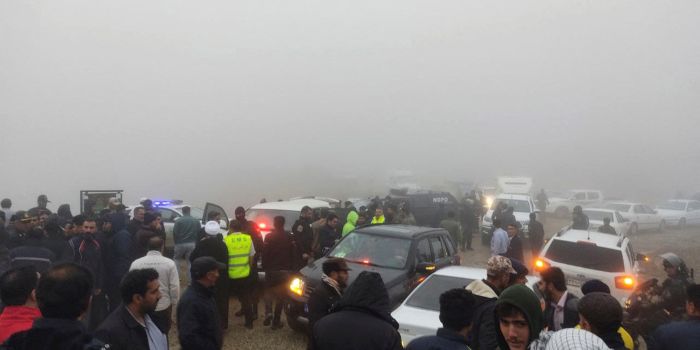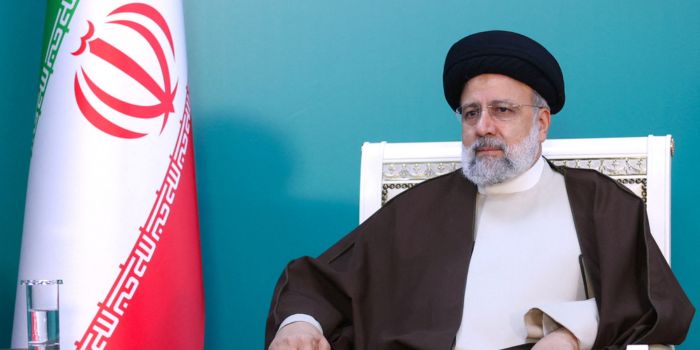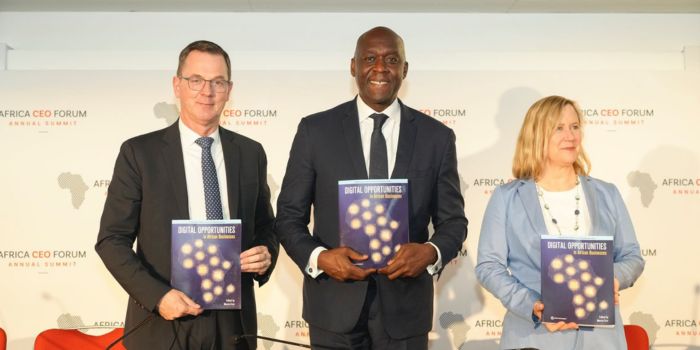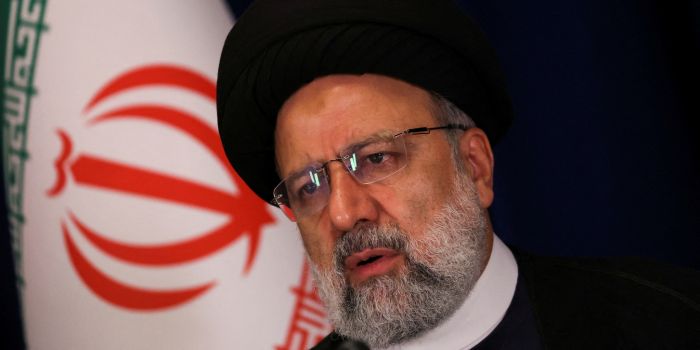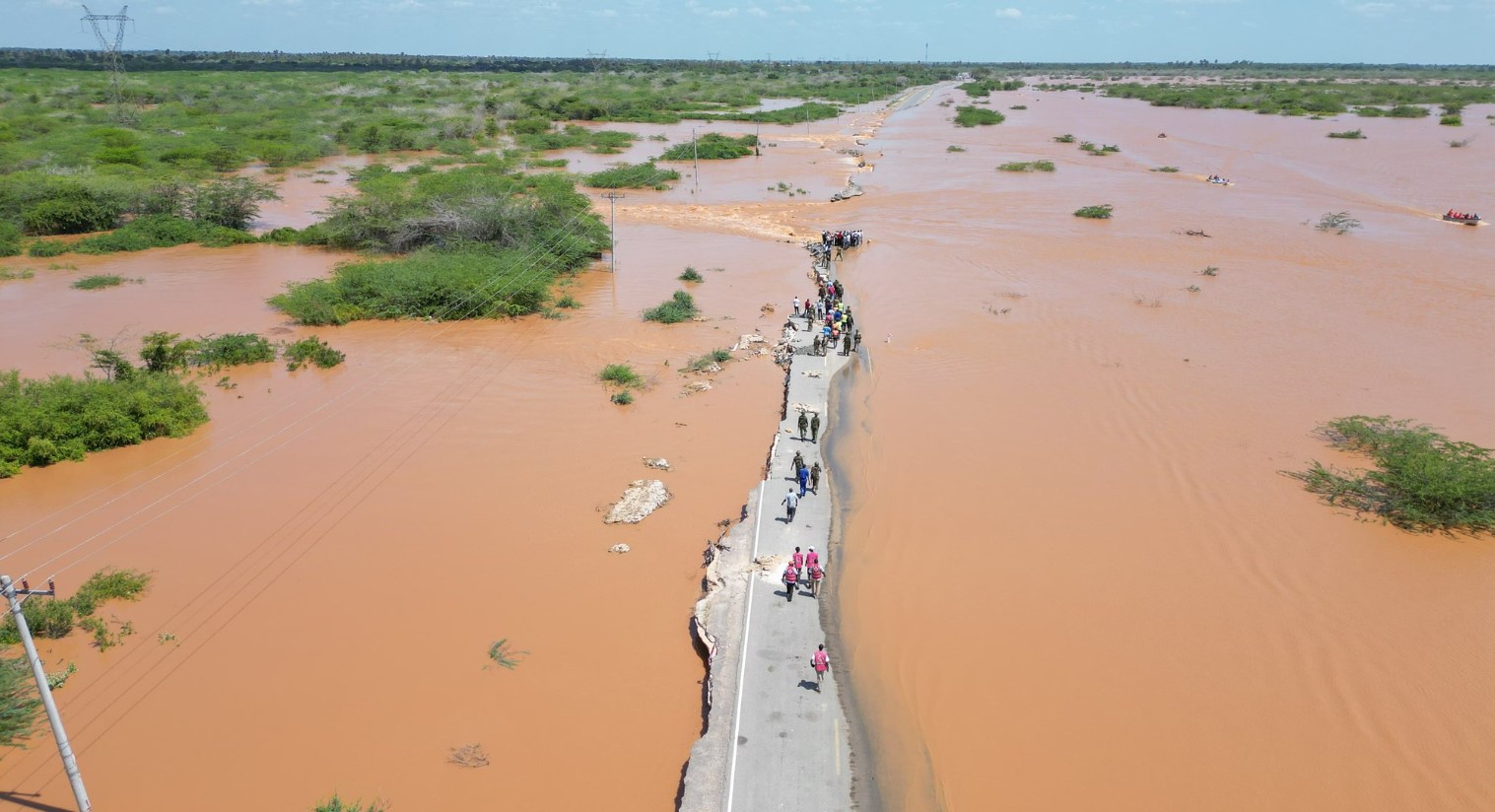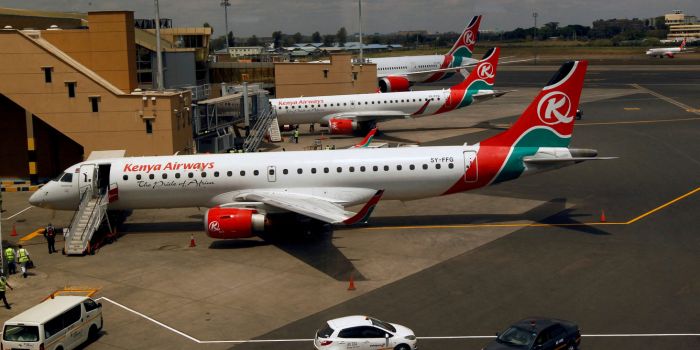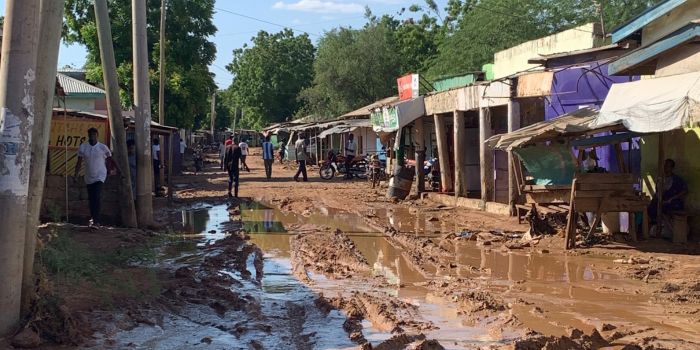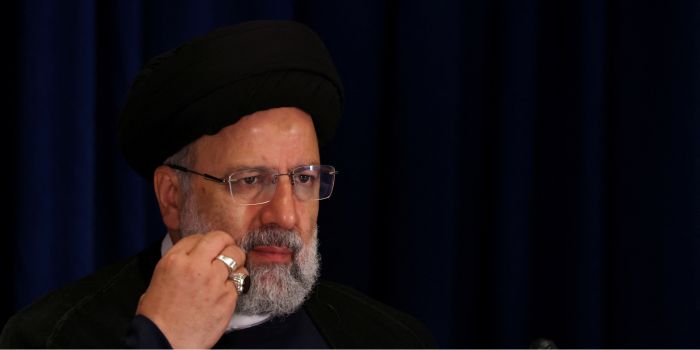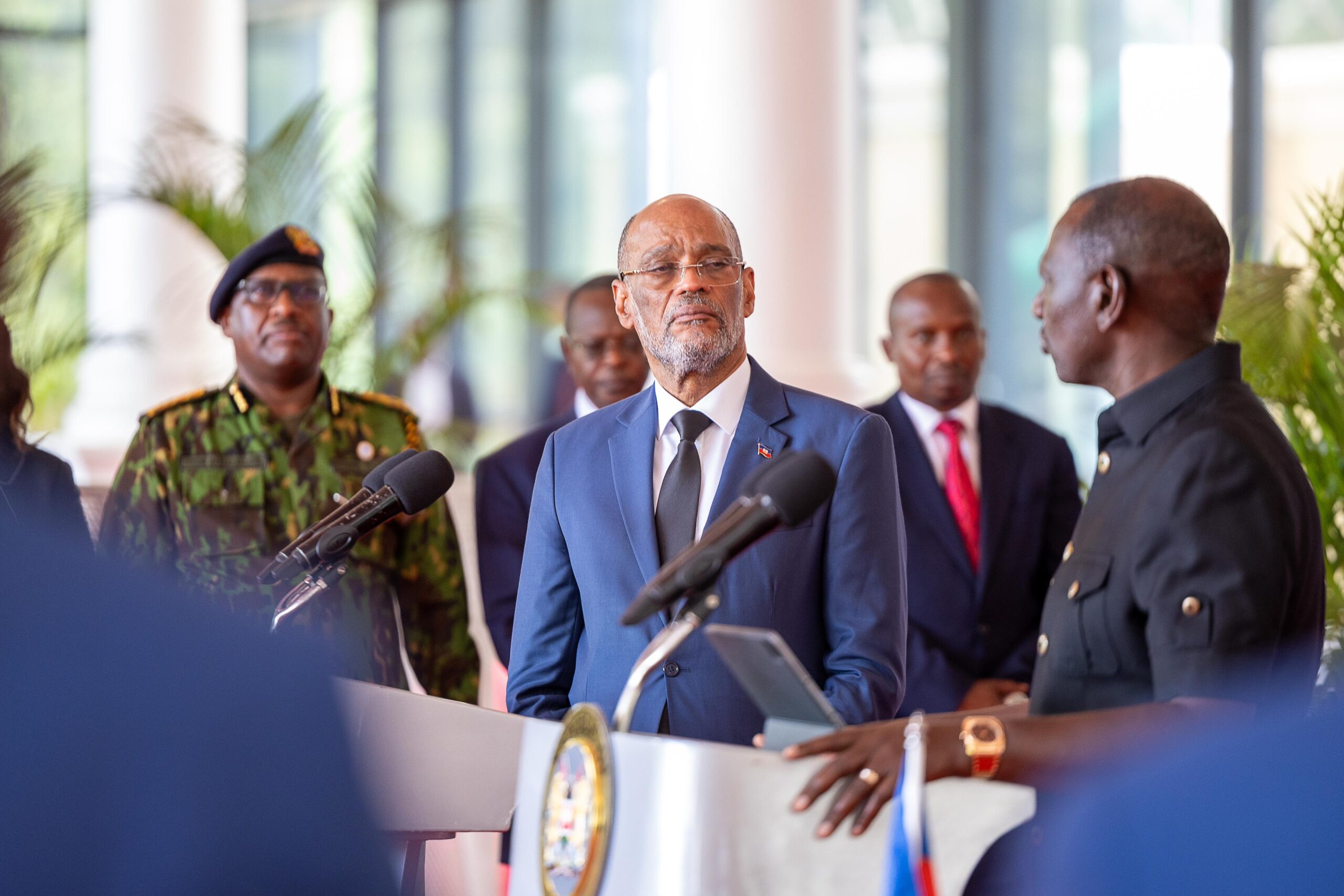Kenya, Ghana strengthen trade and investment ties with seven MoUs

The agreements cover cooperation in sectors such as science and technology, tourism, education, governance, and defence.
Kenya and Ghana on Wednesday signed seven agreements to boost their bilateral relations as President William Ruto started his three-day state visit to the West African country.
Presidents Ruto and Nana Akufo-Addo witnessed the signing of the Memoranda of Understanding (MoU) by business associations from both countries to facilitate trade and investment.
Keep reading
The agreements cover cooperation in sectors such as science and technology, tourism, education, governance, and defence.
President Ruto highlighted the significance of these agreements in nurturing the warm and cordial historic collaboration between Kenya and Ghana.
“During my discussions with President Nana Akufo-Addo, we have noted that these agreements are significant in the evolution of our diplomatic ties, which stand on warm and cordial, dynamic and impactful historic collaboration,” he said.
Ruto spoke during a press conference at President Akufo-Addo’s office in Jubilee House in Accra.
Africa is the next frontier of trade and investment, and any business and entrepreneur not planning about the continent will be left behind.
— William Samoei Ruto, PhD (@WilliamsRuto) April 3, 2024
With 60 per cent of the world's renewable energy, 65 per cent of uncultivated arable land and a huge youth population, Africa will be one… pic.twitter.com/OEokbCBulr
Visa requirements
Ruto further praised Ghana’s decision to eliminate visa requirements for all Africans by the year's end.
“This commitment aligns with one of the goals of the African Continental Free Trade Area: to create a single market on the continent and drive economic growth, job creation and poverty eradication,” he said.
Early this year, the Kenyan leader announced that visitors would no longer require a visa to enter the country
Ruto said Kenyan officials had developed a digital platform to ensure all visitors received an electronic travel authorisation before arrival, which would eliminate the need to apply for a visa.
He highlighted the positive impact of visa-free travel on trade, investment, and tourism between Kenya and Ghana, citing examples such as the successful shipment of Kenyan tea to Ghana and the introduction of Kenyan-made products and services in the Ghanaian market.
He also pointed out that the free movement of people has contributed to growth in trade, investment and tourism between Kenya and Ghana.
Ruto said the two nations will use the opportunities provided by the Africa Continental Free Trade Agreement (AfCFTA) to further boost trade between Kenya and Ghana.
“President Akufo-Addo and I are encouraged that, under the Africa Continental Free Trade Area, our two countries have taken bold measures to explore these opportunities,” he said.
In October 2022, the President flagged off the inaugural shipment of Kenyan tea from Nairobi to Ghana.
 Presidents William Ruto (Kenya) and Nana Akufo-Addo (Ghana) chat as ministers from their nations sign agreements during their engagement in Ghana's capital, Accra, on April 3, 2024. (Photo: PCS)
Presidents William Ruto (Kenya) and Nana Akufo-Addo (Ghana) chat as ministers from their nations sign agreements during their engagement in Ghana's capital, Accra, on April 3, 2024. (Photo: PCS)Further collaboration
The two leaders also expressed their commitment to collaborating in addressing internal conflicts, terrorism, and violent extremism to ensure regional peace and stability, which are crucial for economic development.
They also discussed institutional reforms within the African Union (AU) to enhance its effectiveness in implementing Agenda 2063 and addressing strategic issues.
“It has become clear in our discussions that we have to redouble our efforts to silence the guns in Africa as a vital condition for economic growth,” Ruto said.
The President noted that through the unity of African leadership, the continent stands a better chance of effectively implementing its climate action agenda.
On climate matters, Ruto said the first-ever Africa Climate Summit in Nairobi last September served as a platform for the African leadership to define a clear common position in the global climate action discourse in the run-up to COP28 last December and beyond.
The two leaders also discussed institutional reforms within the AU to enhance its effectiveness in implementing Agenda 2063 and addressing strategic issues.
These include restructuring AU organs, concluding the division of labour among AU Commission organs, specialised agencies and regional economic communities, and streamlining the agenda of the Pan-African Parliament to cover strategic issues.



